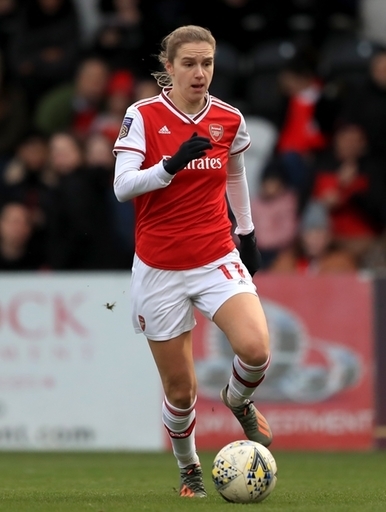Apologies in advance for a somewhat lengthy thread but as Executive Secretary of @theofficialfwa it’s become a real concern to see so many young sports journalists suffering mental health issues through simply trying to do their job.
Our chair @CarrieBrownTV has made it a major part of her tenure to highlight this issue and for the FWA to provide assistance and support for anybody suffering in this way, be they members or non-members.
But I thought I’d try and put down a few thoughts on trying to cope with the pressures the job entails, especially in an era where your work is scrutinised and possibly decried almost instantaneously. I also write this as somebody who has made more than their share of mistakes.
If you write with honesty you never have anything for which to reproach yourself. You’ll make mistakes, but if they are made honestly and you learn from them, you can always look yourself in the mirror.
Never take short cuts, even if you are under pressure from your boss or even if you’re putting pressure on yourself. A great reporter, Alex Montgomery, once told me never to write what you don’t know. There’s no shame in admitting that, just work harder to actually find out.
Being at the receiving end of a Twitter pile-on can be overwhelming. But remember the vast majority of those criticising don’t have your level of credibility, insight, knowledge or contacts. Your best friend is the mute button, never be afraid to use it. In fact, enjoy using it.
By and large, Twitter is the equivalent of six blokes arguing in a pub after a match. Sometimes it’s funny and insightful but most of the time it’s just seeing who can shout the loudest to make their point as they become increasingly pissed.
Despite the inevitable pressure, football journalism is an incredible job even if it might feel there’s not the same level of prestige attached to it. Remember, most fans would give their eye teeth to do what you do, so try and enjoy it. Easy to say but important to do.
Most of all, talk to people. The job is too isolated now because its so easy to get in touch via email, text, WhatsApp or DMs. The best reporters actually physically TALK to their contacts, colleagues or even their rivals. We’re in the communication industry so communicate.
Finally, never be afraid to ask for help. My contact details are easy enough to find and I’ll always be happy to help or just try and offer advice. I’m sure the same goes for all my fellow FWA National Committee members. DO NOT SUFFER IN SILENCE. Asking for help is not a weakness.

















